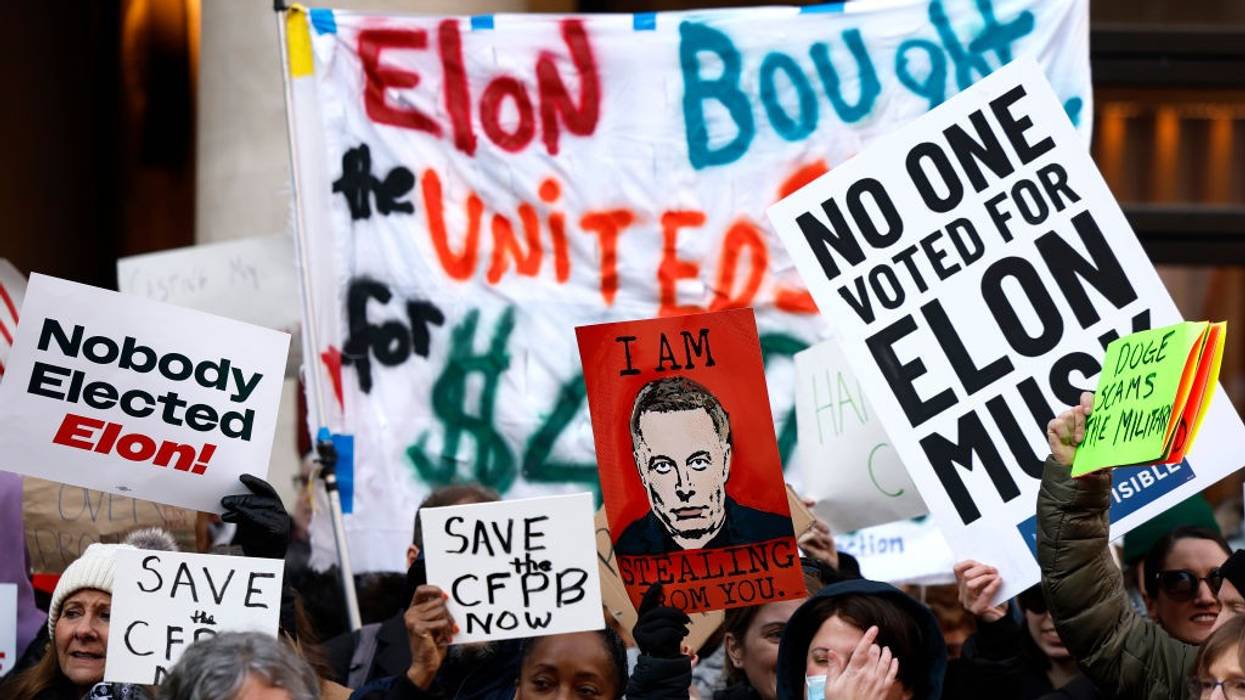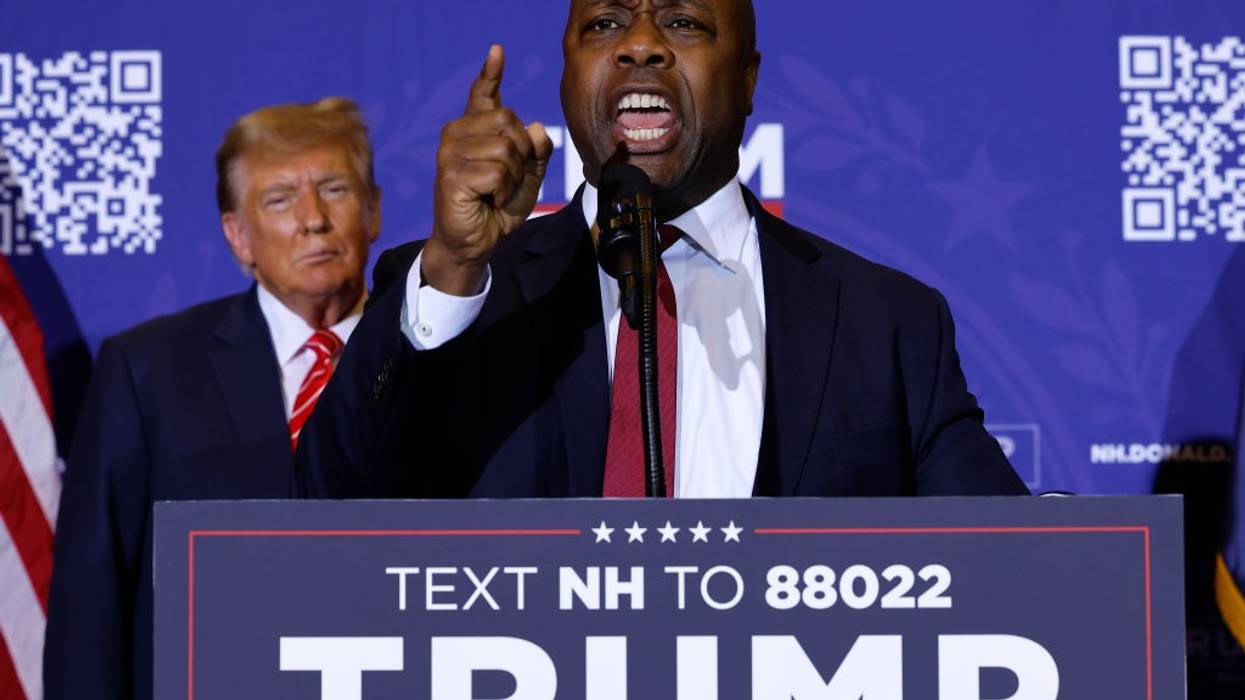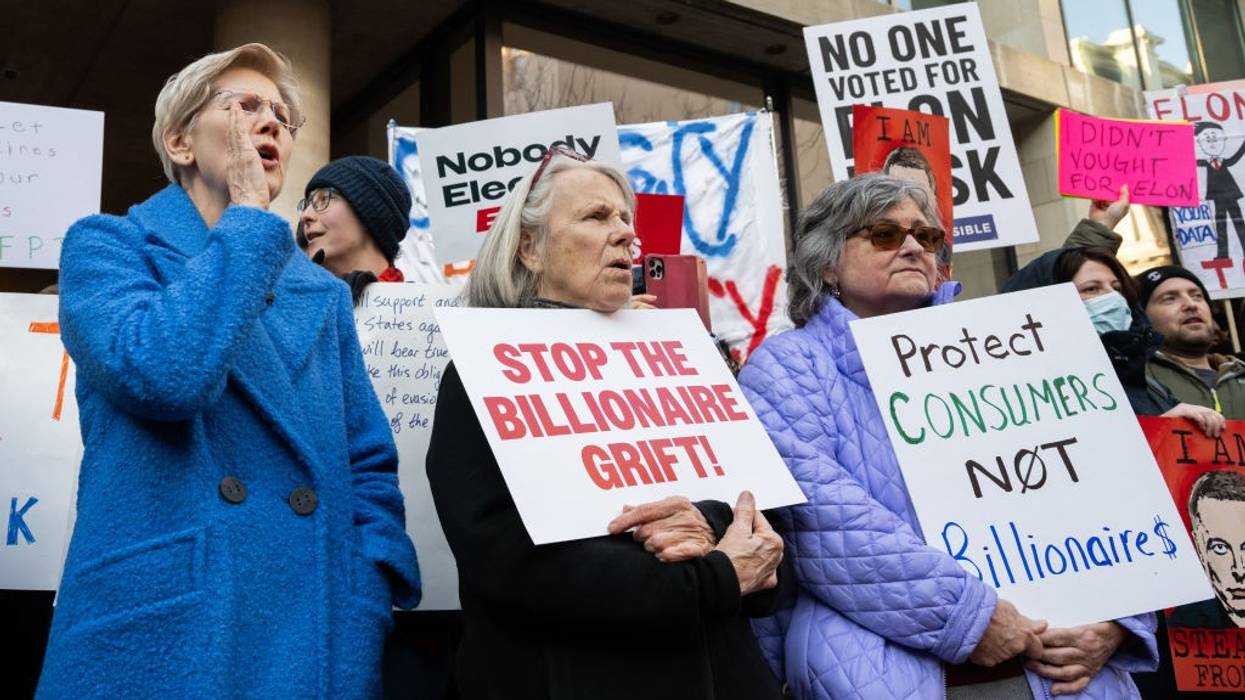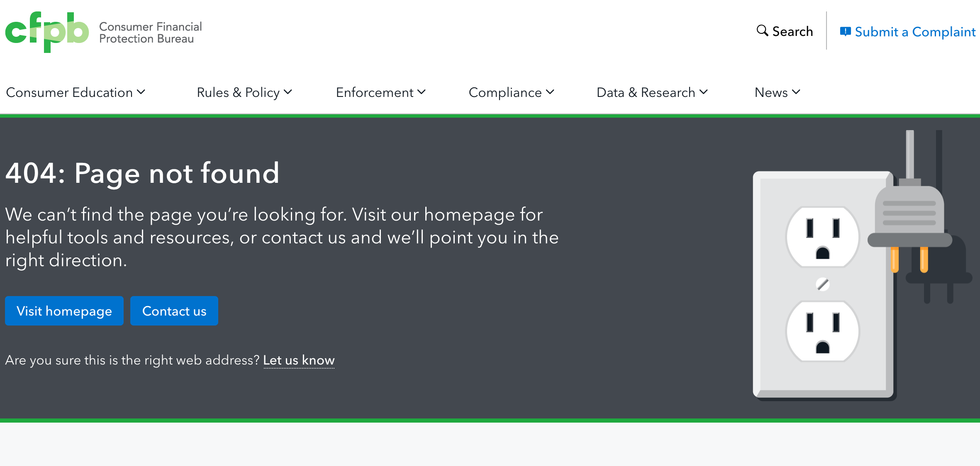'While No One Is Watching,' Senate GOP Makes It Easier for Wall Street Banks to Gouge Working Families
Sen. Warren decried Republicans for helping "squeeze" struggling families and warned that the "latest attack on the CFPB would let big banks rake in huge profits by slamming working people with outrageous overdraft fees."
All but one Republican in the U.S. Senate voted Wednesday night to advance a joint resolution that would nullify a cap on overdraft fees, a protection put in place by the Consumer Financial Protection Bureau to prevent Wall Street banks from making billions more in profits on the backs of vulnerable American consumers.
"Republicans in the Senate voted tonight while no one is watching to fatten Wall Street profits by jacking up overdraft fees on you," said Sen. Elizabeth Warren, following the 52-47 vote that fell almost strictly along party lines. "So much for lowering costs," she added.
Not one Democrat voted in favor pushing the rule forward, while only Sen. Josh Hawley (R-Mo.) voted against and Sen. Brian Schatz (D-Hawaii) did not vote.
In a speech on the Senate floor ahead of the vote, Sen. Warren decried Republicans for helping Wall Street "squeeze" struggling families and warned the "latest attack on the CFPB would let big banks rake in huge profits by slamming working people with outrageous overdraft fees."
Senate Republicans’ latest attack on the CFPB would let big banks rake in huge profits by slamming working people with outrageous overdraft fees.
I spoke on the Senate floor to fight back—because American families deserve a system that works for them, not just Wall Street. pic.twitter.com/W0VzO3cX1I
— Elizabeth Warren (@SenWarren) March 26, 2025
The draft rule was put in place in the final months of the Biden administration as a way to curb excessive fees and provide reasonable protections for consumers who overdraft their accounts. As The Atlanta Journal-Constitution reports:
In 2023, big banks made $5.8 billion from overdraft and non-sufficient fund fees, according to the Consumer Financial Protection Bureau. CFPB announced a new rule capping those fees in December, shortly before [President Joe] Biden left office, that is slated to take effect in October.
The rule gave banks three options: cap overdraft fees at $5; if offering overdraft as a service, rather than for profits, charge a fee that covered the bank's costs and losses; or if looking to make a profit off an overdraft loan, disclose the loan terms to consumers beforehand.
For households that pay overdraft fees, the rule was expected to save them $225 a year.
Sen. Raphael Warnock (D-Ga.) joined Warren in slamming his Republican colleagues over the vote.
"If we leave this $5 cap for overdraft fees in place, guess what, [the banks will] still be doing just fine,” Warnock told the Journal-Constitution. "But if we overturn it, families that are already being squeezed by inflation and by tariffs and a whole range of bad policies that are putting them in jeopardy are going to be squeezed even more."
According to the watchdog group Accountable.US, lifting the rule will allow large Wall Street banks and other financial institutions "to continue exploiting American families" with little or no recourse for relief from such predatory and profit-seeking practices.
"Senate Republicans are siding with big banks to make it easier for them to trick their customers into paying excessive fees," said Tony Carrk, the group's executive director, on Thursday. "The CFPB's overdraft rule limits abusive fees and puts money back in the pockets of consumers. Any vote against the rule is a gift to Wall Street special interests at our expense."
With the




 The Consumer Financial Protection Bureau's hompage displayed a "404: Page not found" message on February 18, 2025. (Photo: CFPB/screen grab)
The Consumer Financial Protection Bureau's hompage displayed a "404: Page not found" message on February 18, 2025. (Photo: CFPB/screen grab)